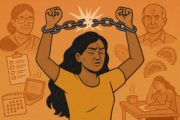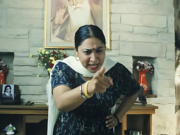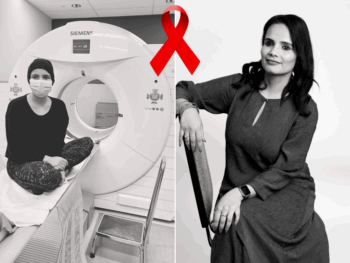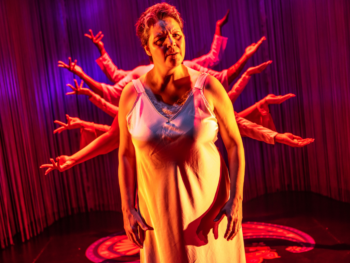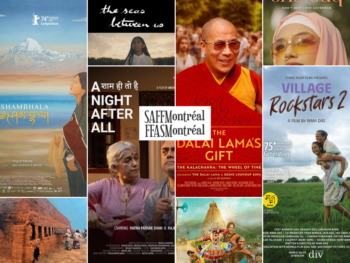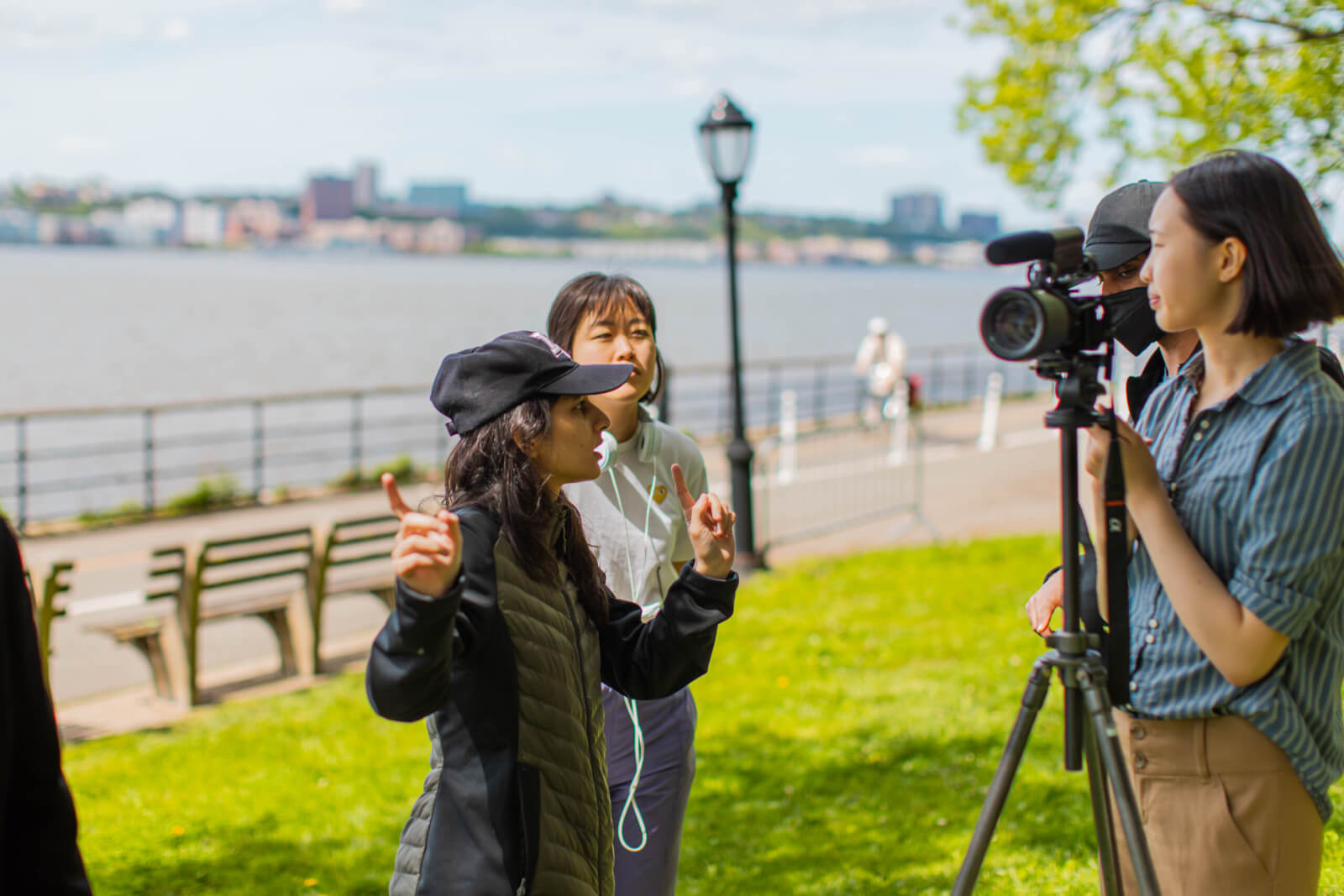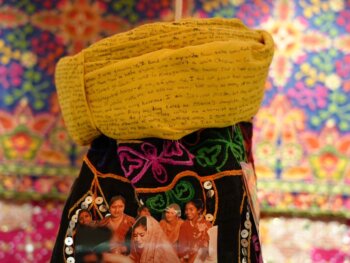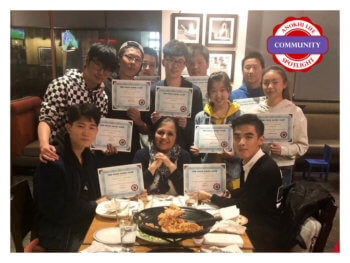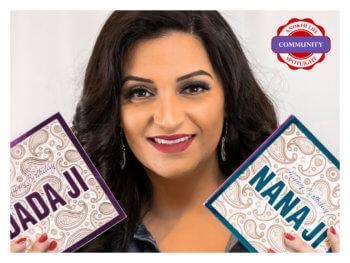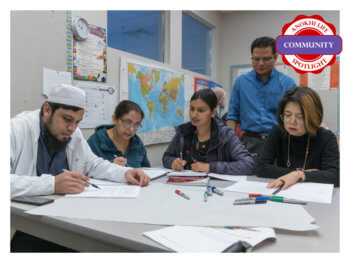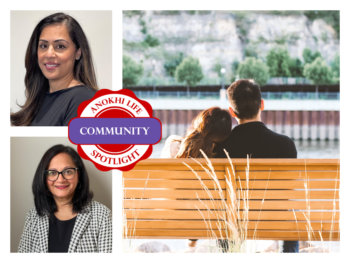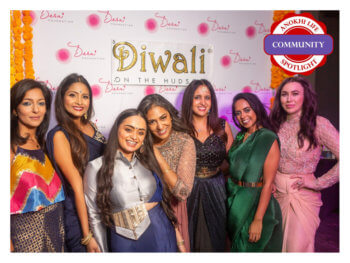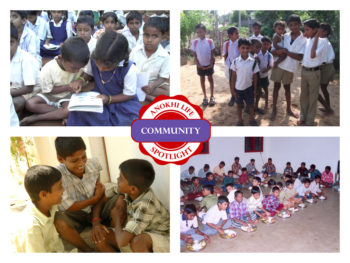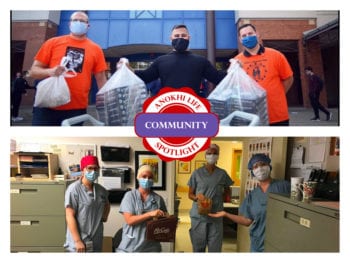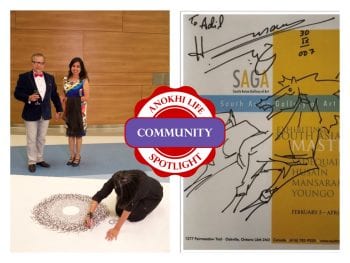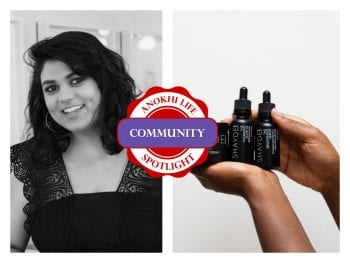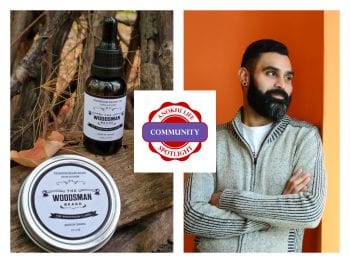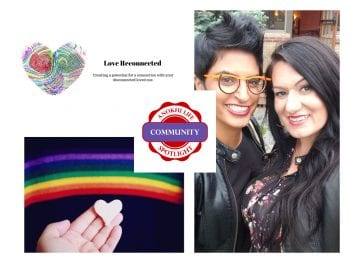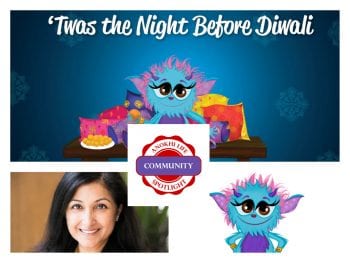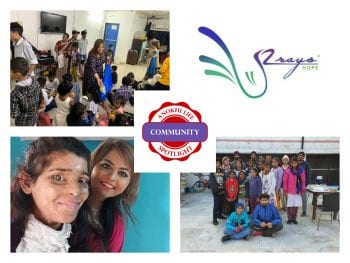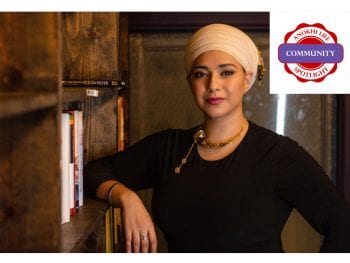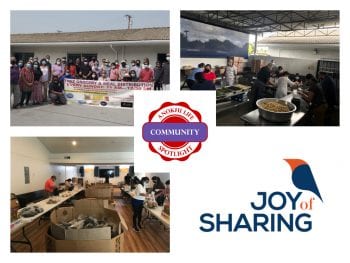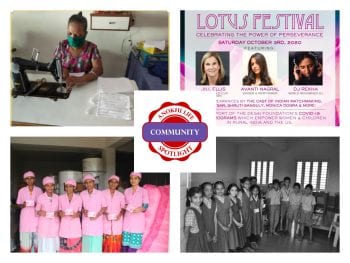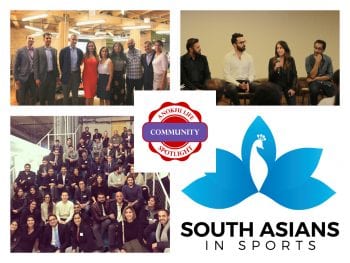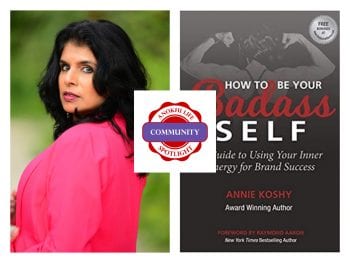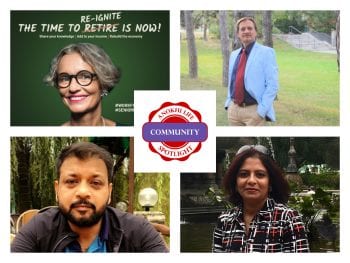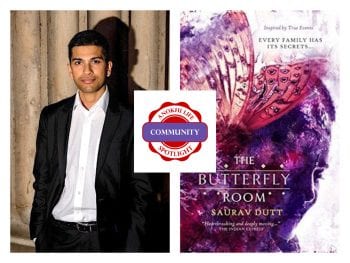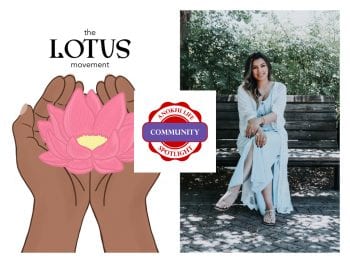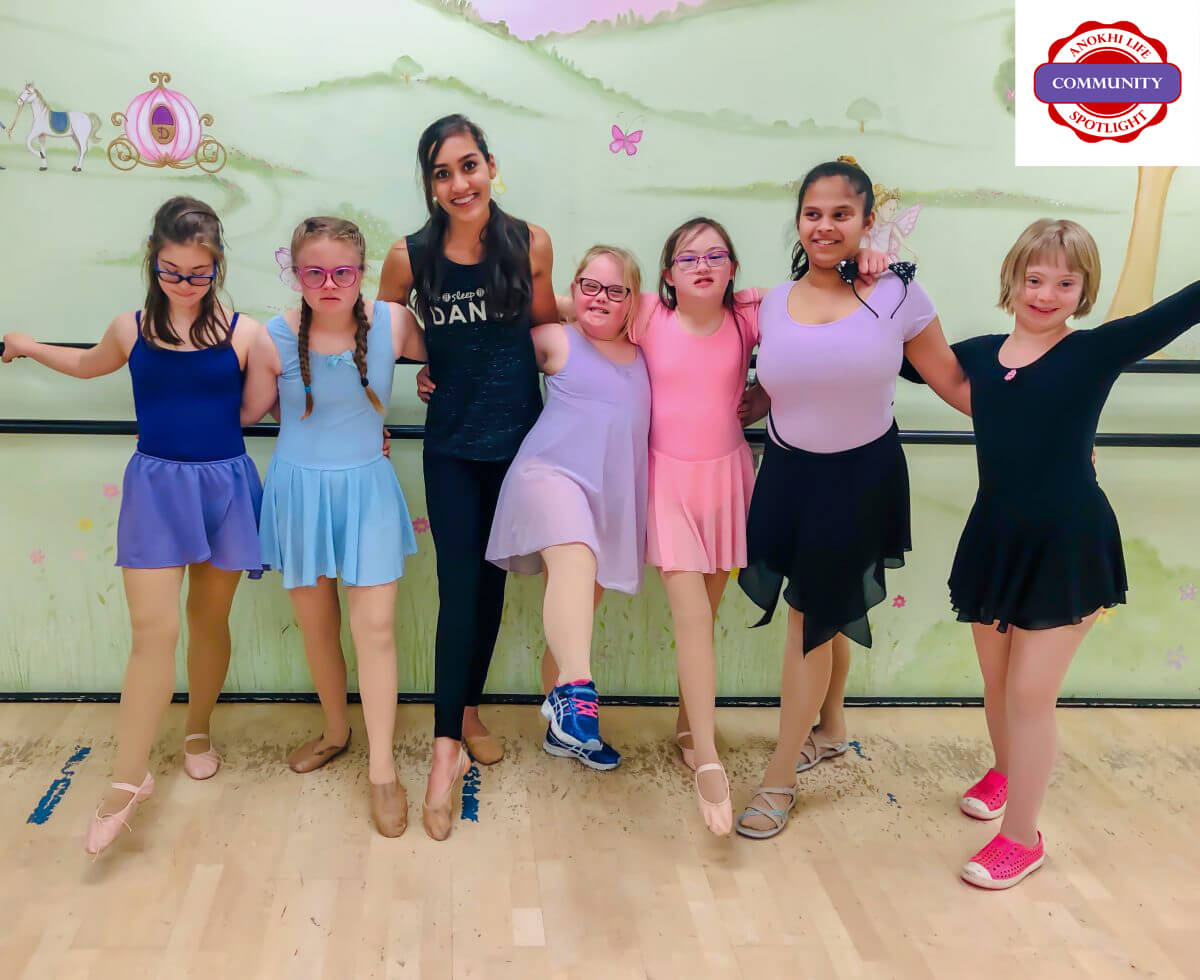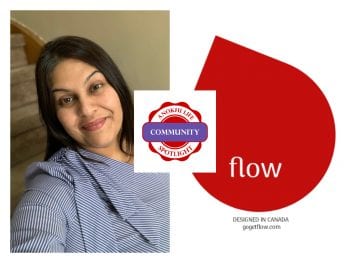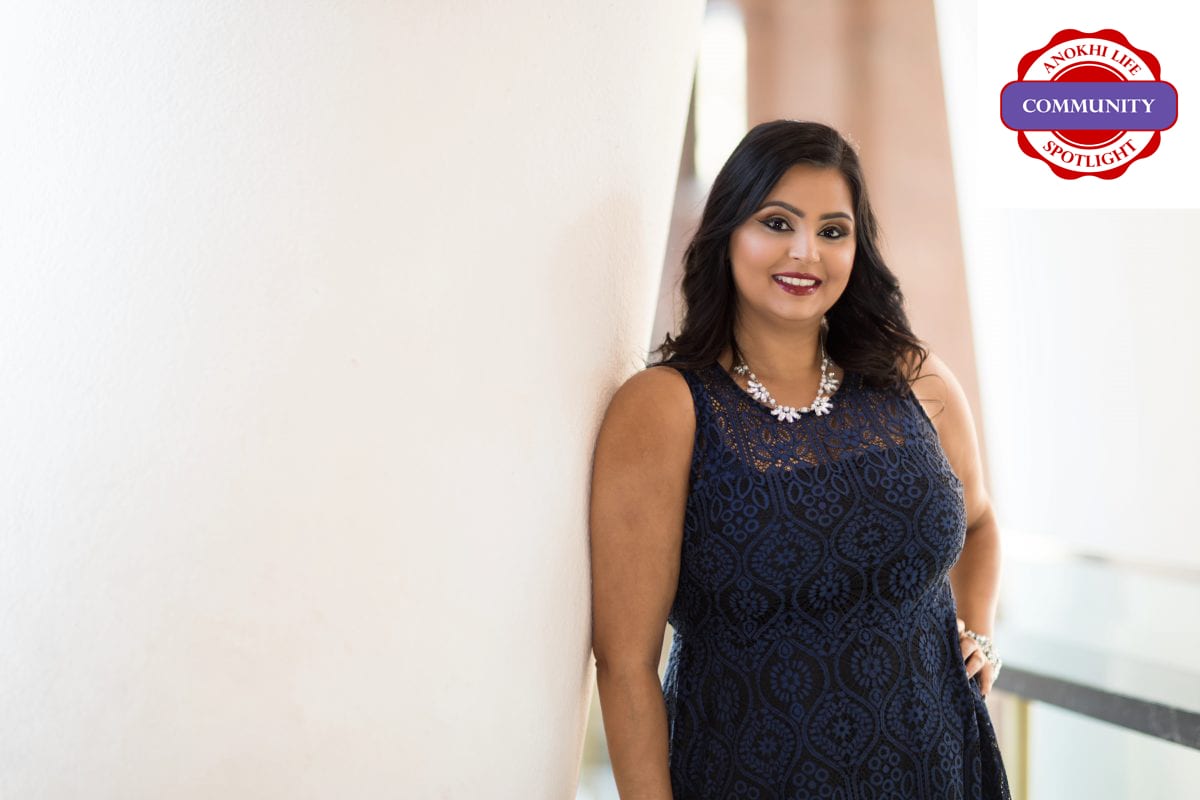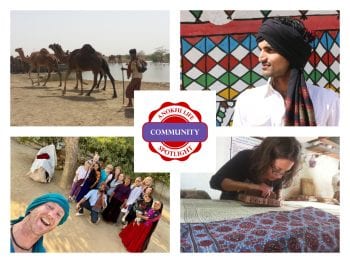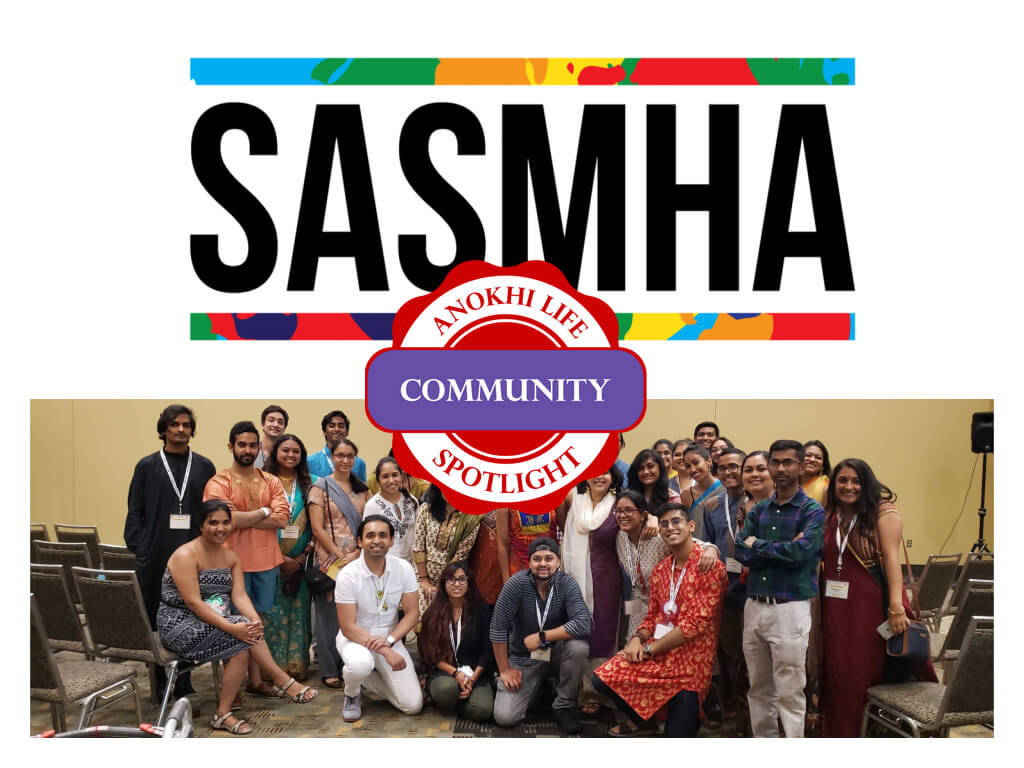
South Asian Sexual And Mental Health Alliance Wants To Shed Light On Taboo Topics For South Asian Youth
Community Spotlight Dec 12, 2020
South Asian Sexual And Mental Health Alliance (SASMHA) was created to help South Asian youth get the support they needed to tackle taboo topics such as cultural identity, sexual health, mental health and LGBTQIA+ issues. Through various workshops including their Brown Taboo Project initiative, SASMHA wants to address various issues that come along with being a hyphenated immigrant kid.
Our Business: South Asian Sexual and Mental Health Alliance (SASMHA)
Email: [email protected]
Follow us on: Instagram, Twitter, Facebook
Launched In: August 2015
Target Market: South Asian diasporic youth and young adults.
What We Offer: Workshops on issues affecting South Asian youth, including cultural identity, sexual health, mental health, sexuality, and LGBTQIA+ issues. Check out our link for donations: paypal.me/sasmha
Co-founder Sree Sinha shares their story.

SASMHA started as a conversation between four friends about what was missing in our lives. No, it wasn’t sex, mental illness, being queer, or appreciation of being Desi. We had plenty of all that and more going on. Instead, what was missing was a lack of conversation about these issues. When it comes to community parties, we may try to pretend we’re chaste, not struggling with depression, questioning our sexuality, or trying to navigate being a brown kid in America. In fact, we are navigating sexual awakening, coping with mental illness and trying to discover mental health, understanding sexuality, and exploring our unique South Asian-American identities. The reality is, we are doing all of these things, but often pretending to our parents and each other we aren’t, which makes it all the more scary and tricky to navigate.
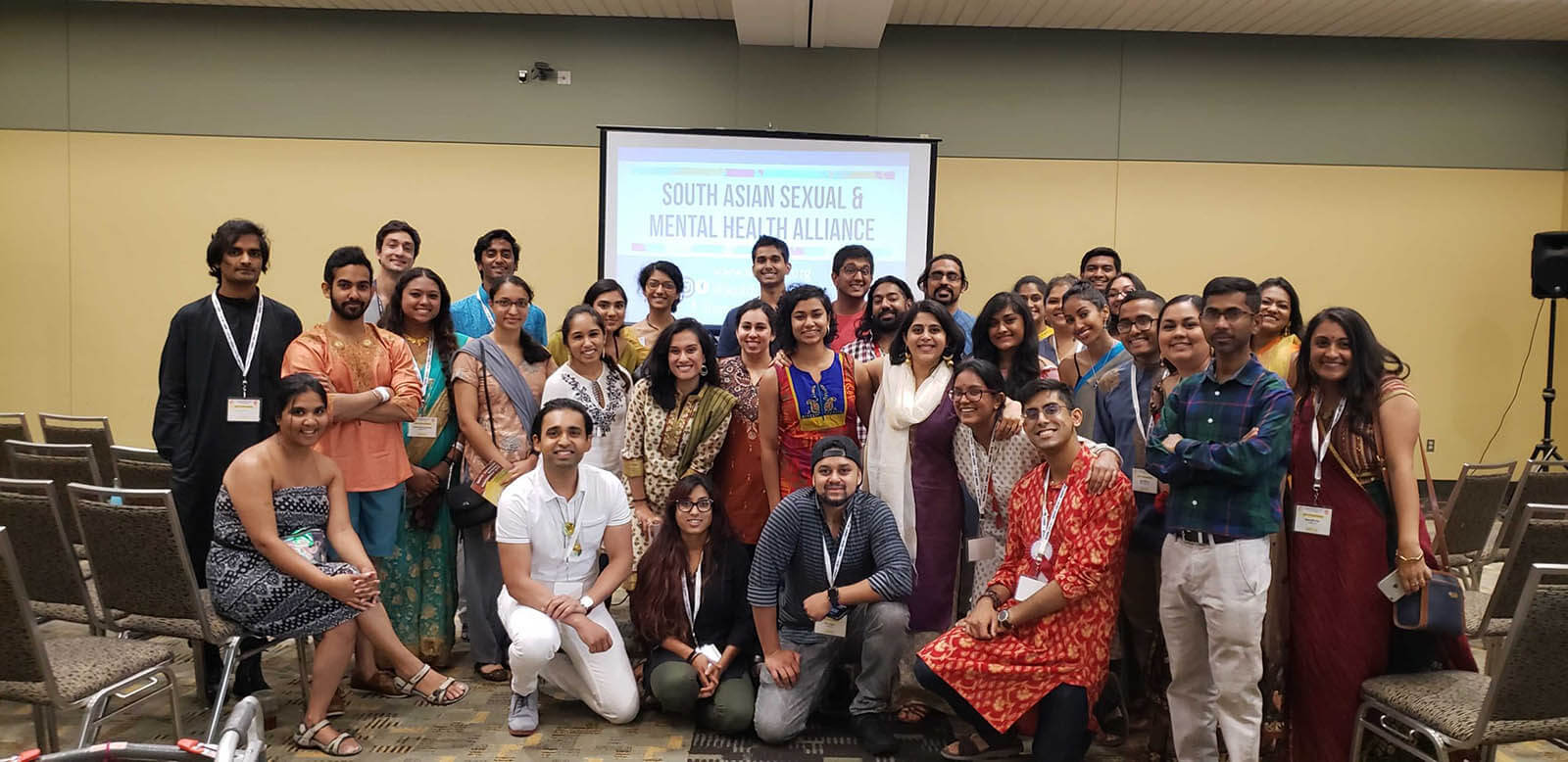
Brown kids have sex and need therapy, too. That is the fundamental statement that drives SASMHA, the South Asian Sexual and Mental Health Alliance. As the four of us all made it through college and into our careers, blossoming into ourselves and gaining self-confidence about our roles and interest, we realized that there was a need in our community about processing all that it means to balance dual identities, and the baggage that comes along with being a hyphenated, immigrant kid. And just like that, SASMHA was born as a platform for South Asian youth across the diaspora who need a community space to dialogue and learn about issues key to who they are, even (and especially) if our aunties and uncles don’t want to talk about it.
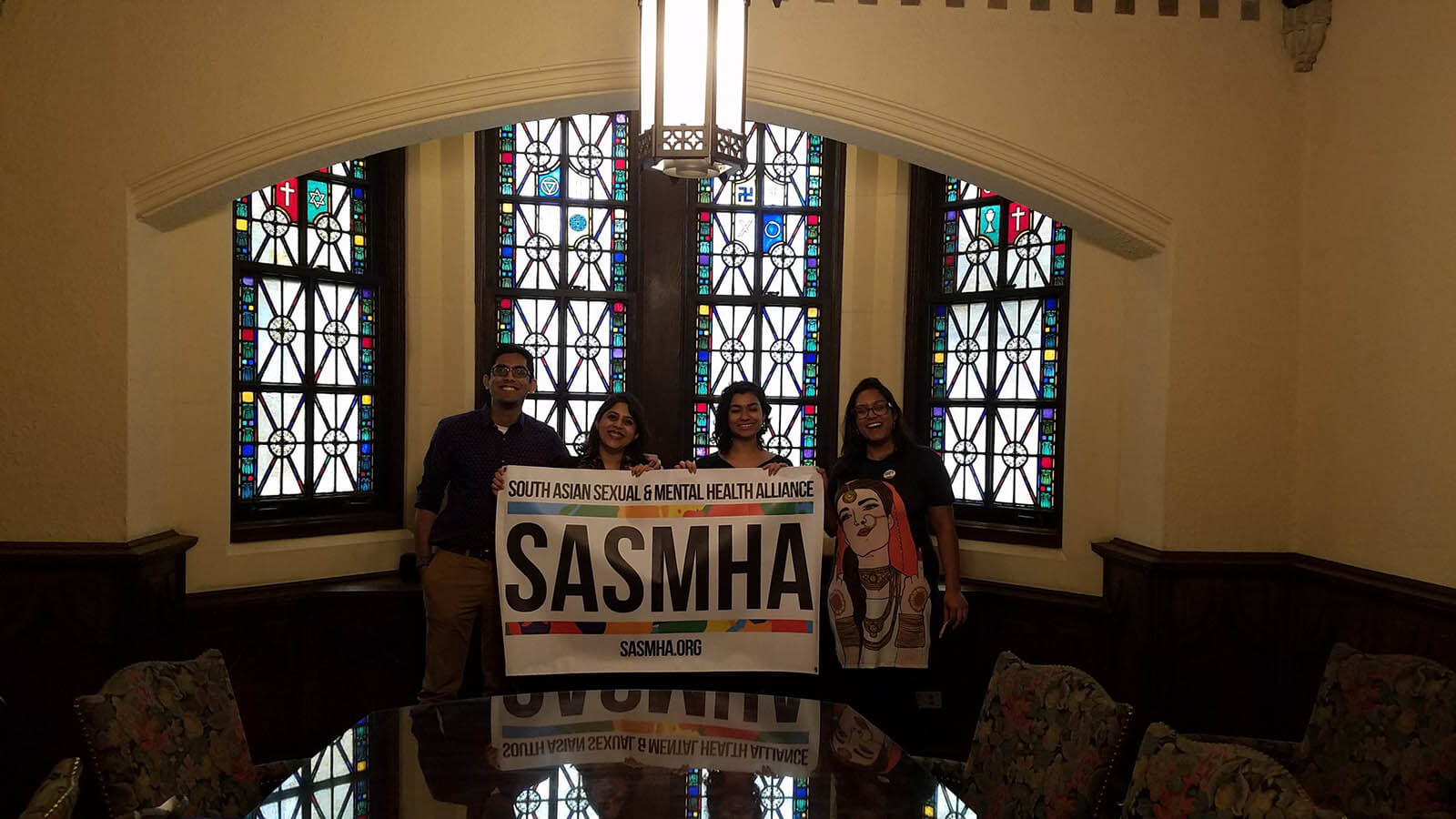
The four of us all have unique backgrounds and interests that led to where we are today. I, for example, am pursing my Ph.D. in Counselling Psychology, focusing on romantic relationships and multicultural counselling. My entire career is based on the intersection of mental and sexual health, especially for people of color, but in my clinical and research spaces, I still don’t see a lot of people like me. That’s where SASMHA comes in. It’s the platform to talk about these issues, help share knowledge and expertise on the issues we’re informed about, and bring in others to talk about the ones that we’re not. We seek to open up conversations and invite community members in to be more honest about what’s going on, as well as imagine what we want the futures of our own communities to look like.
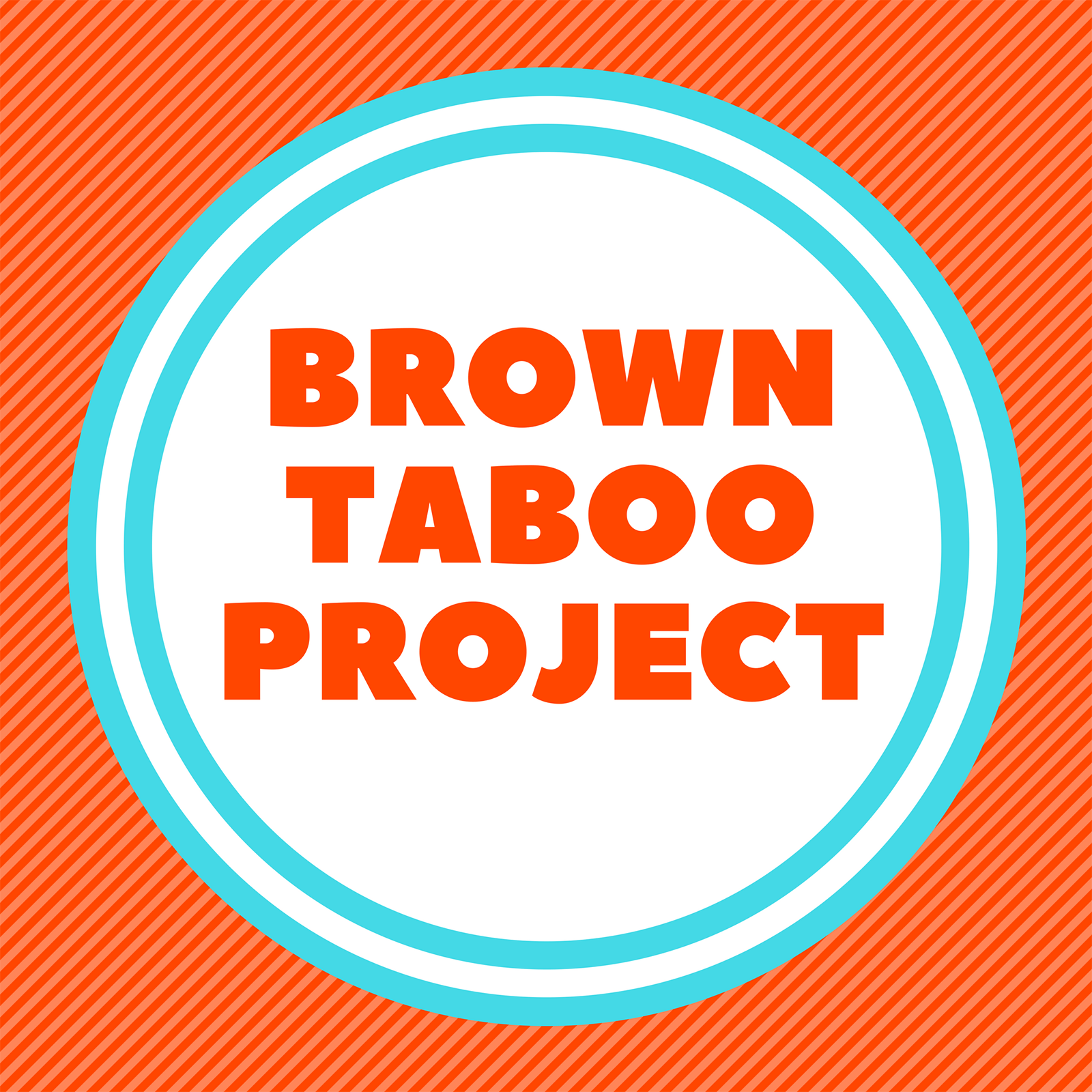
The primary way we do that is through workshops, which we present on a myriad of issues under the umbrella of South Asian diasporic identity that don’t get talked about much—culture, racism, the model minority myth, mental health, LGBTQ issues and sexuality, and sexual health. However, over the past five years as we’ve grown in our reach and been invited to more community spaces, events, colleges, and conferences, we’ve also realized how many folks need this conversation that are being left out of it. So, we launched a podcast, the Brown Taboo Project, to increase our accessibility and bring our brand of casual, fun, and informed conversation on Desi issues to wider audiences. That’s also where our social media and blog come in, to bring more people in and help them find a table of brown kids to laugh and cry with, especially if and when they don’t have that in their day-to-day lives. Because let’s face it, no one wants to be the kid at the cafeteria eating their samosa alone.
All Photos Courtesy Of South Asian Sexual And Mental Health Alliance (SASMHA)





